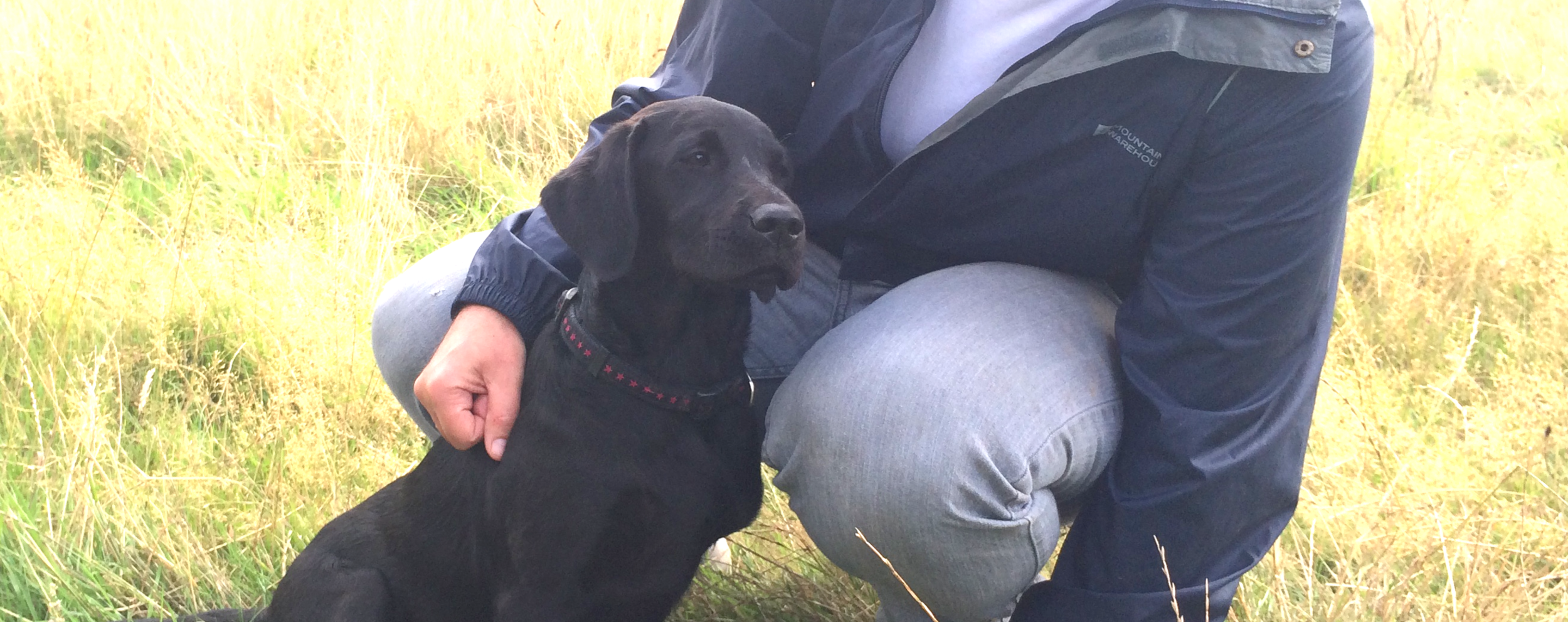We’re approaching firework season in some parts of the world. So you need to work fast to be able to help your dog on July 4.
If your firework season doesn’t begin for a while - ours here in England is mainly from November to December - that gives you plenty of time to adopt some of these ideas to help you next time round.
There’s a lot of advice washing about the internet about what you should do to minimise the effect of fireworks on your dog. Some is good, some is awful, some is just ineffectual.
So I was interested to see a study which actually assessed various treatments.
They started out with popular practices promoted for firework fears, and - ooh, how interesting!
Environmental modification (e.g., providing a hiding place, keeping windows and blinds closed, and playing music)
Feed/play (providing the dog with chews, play, and food during fireworks in general, as well as contingent on loud bangs)
Alternative (use of calming nutraceuticals, pheromones, herbal products, homeopathic products, Bach flowers, and essential oils)
Interaction (allowing body contact, petting, and talking to the dog when loud bangs occurred).
Of the four management methods, only “feed/play” was statistically associated with an improvement in fear responses to fireworks.
Note that “Feed/play” of necessity includes interaction with the owner.
How very interesting …
Firework strategy effectiveness
Then they delved more deeply into actual strategies.
In a nutshell, they found that the percentage of surveyed owners reporting effectiveness was this:
Prescription meds: 69%
Non-prescription remedies: 27-35% - no better than a placebo.
Pressure vests: 44%
Noise CDs: 55%
Relaxation training: 69%
And the winner is …. 🥁🥁🥁
Counterconditioning! At 70% this method scored most highly.
And those of you who are understandably reluctant to opt for prescription meds (which have all sorts of caveats) you should be delighted to see you don’t need to spend a bean on helping your dog!
Relaxation training and Counterconditioning are the way to go.
Fears are all much of a muchness
Counterconditioning is THE tool par excellence for helping to alleviate fears. And not just in dogs. All animals (we’re animals) respond well to counterconditioning. A very basic, instinctive, response in a parent to a fearful child is to soothe and cuddle them, turning the scary experience into feelings of warmth and protection. The cuddling may work with some dogs in some circumstances, but soothing via the instant delivery of treats will definitely work.
The treats may drop out of their mouth to begin with - they’re too overwhelmed to eat. (Would you tuck into some offered cake when a mad axeman appears to be heading for you?)
But at some stage the dog is going to start tasting them. Then chewing and swallowing them, and eventually, looking for more.
Huzzah! They have detached from the fearful thing in favour of your attention!
It really is as simple as that.
And demonstrably, so effective!
What you need (apart from quick access to soft well-scented treats that you know your dog loves) is
P A T I E N C E
Rome wasn’t built in a day.
It can take many, many, iterations to get to the stage of your dog leaving the fear and choosing your treats.
But you will get there!
Counterconditioning for any fear
And does this work only for fireworks?
No!
What about the dog who’s afraid of:
🐾 Other dogs
🐾 Noises
🐾 Planes
🐾 Birds
🐾 Slippery floors
🐾 People
🐾 Children
🐾 Visitors
🐾 A knock on the door
.. you name it
You can adopt the same simple practice to help with all fears.
Pick one that worries your dog, load your pockets, and give it a try!
I’ll be interested to hear how it goes for you.






